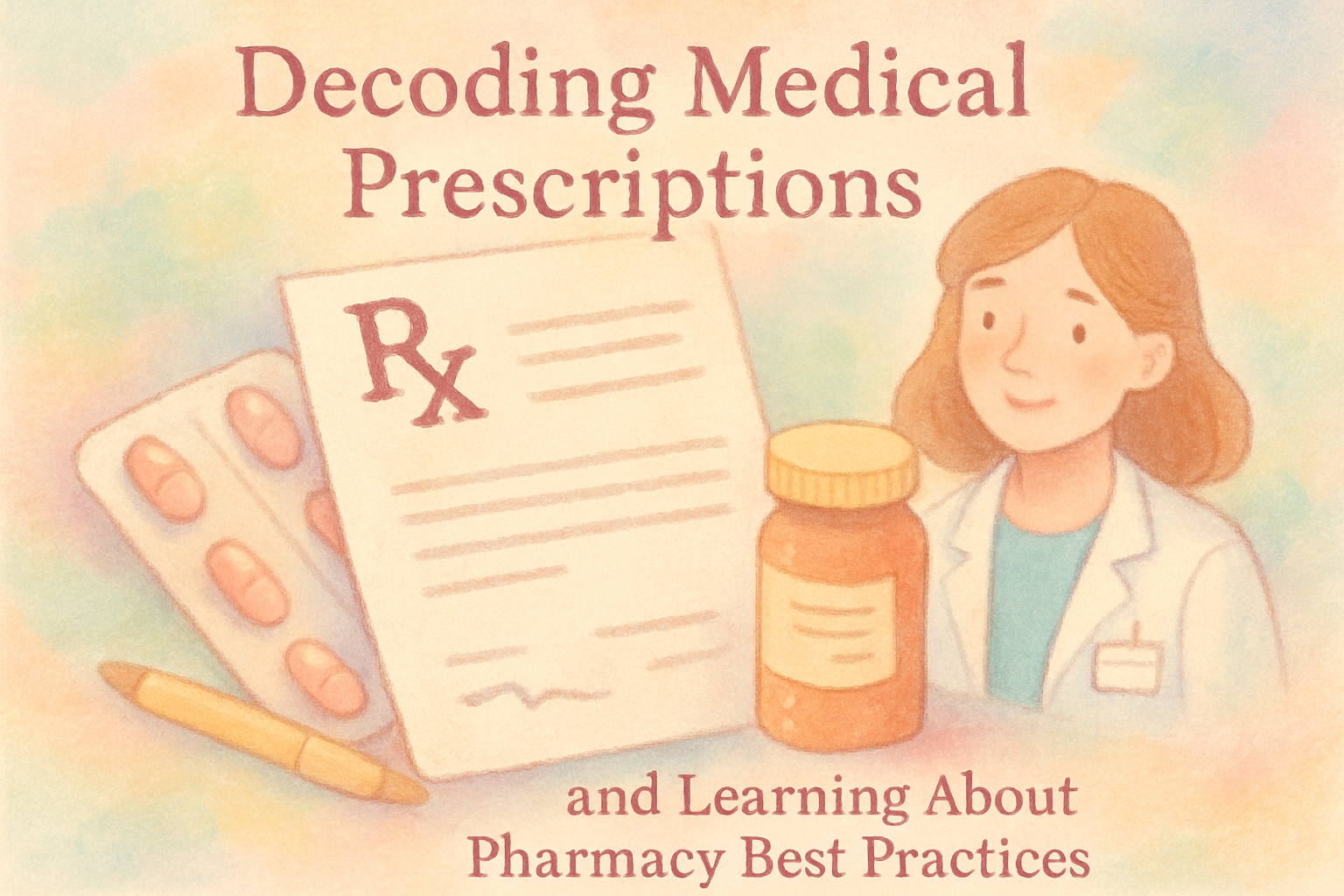Understanding Medical Prescriptions and Pharmacy Practices

Living in Türkiye as an expat can feel both exhilarating and overwhelming, especially when it comes to understanding health systems. Everyday tasks—like visiting pharmacies or handling prescriptions—can turn stressful if you don’t know what to expect. The Turkish medical landscape has its unique processes, terms, and routines. Getting the most from Türkiye’s efficient healthcare services starts with a grasp of local prescription and pharmacy practices. Let’s walk through how you can confidently manage medication needs while adapting to a new culture.
Prescriptions in Türkiye: What Makes Them Different?
In Türkiye, prescriptions usually come from a doctor you’ve seen either at a state hospital, private clinic, or via an online health portal. Doctors use the “e-Reçete” (electronic prescription) system for both local and foreign patients. Rather than give you a paper slip, they send your prescription directly to a national database. You receive a unique code, usually sent by SMS or written down for you. Take this code, along with your Turkish identity number (or foreign resident number), to your local pharmacy.
Key points to note:
- Prescriptions are valid for four days after they’re issued (with some exceptions for repeat medications).
- You can only collect prescription medicine from registered pharmacies (“eczane”).
- Pharmacists require both your code and ID details to access the prescription.
- Some over-the-counter items, such as antibiotics, cannot be purchased without a valid prescription.
This system keeps things secure, simplifies tracking, and avoids lost paperwork—a notable upgrade for anyone used to juggling paper scripts back home.
Navigating Turkish Pharmacies: What to Expect
Pharmacies in Türkiye, marked “Eczane,” are widely available and open weekdays from 9 am to 7 pm. On weekends and holidays, a rotating group of “nöbetçi eczane” (on-duty pharmacies) covers urgent needs.
Friendly pharmacists often become your first stop for minor health queries. They can:
- Advise on non-prescription products, from cold remedies to skincare.
- Fill prescription orders by checking your e-Reçete code.
- Discuss possible generic alternatives for brand-name medication (often saving you costs).
- Explain dosage and treatment details in simple terms.
Many pharmacists in tourist areas and larger cities speak English or can use translation apps to clarify instructions. If you’re unsure, writing down the drug you need or presenting your prescription code usually helps the process move smoothly.
Understanding Prescription Reimbursement and Insurance
If you contribute to Türkiye’s public health system (“SGK”), you’re typically eligible for subsidized medication. When the pharmacist enters your code and ID, the system automatically applies your insurance coverage. You pay only your share—sometimes just a small co-payment.
Have private insurance? Check whether your policy covers outpatient prescriptions and whether the pharmacy participates with your insurer. Some international plans expect you to pay up front and claim reimbursement later. Make sure you:
- Keep all receipts and boxes for any medication you buy.
- Ask the pharmacy for an itemized invoice (“fatura”).
- Request a copy of your prescription printout.
- Collect any documents required for your insurance claim.
This paperwork is crucial for pain-free claims, avoiding back-and-forth with your insurer later.
Common Medication Differences: Brands, Names, and Alternatives
Many expats are surprised to discover that medication brand names often differ in Türkiye. Popular international medications can be known under a completely different name, or not available at all. Moreover, some medicines that require a prescription in your country could be sold over-the-counter—and the reverse is also true.
Practical tips to avoid confusion:
- Bring your prescription sheet or a photo showing your original medication’s active ingredient (not just the brand name).
- Ask your doctor in Türkiye to prescribe using the generic name.
- Consult your pharmacist about Turkish equivalents and pricing before agreeing to a new product.
- Check expiry dates and instructions, as labeling may only be in Turkish.
Finding the right match saves time and guarantees continuity in your treatment plan, especially for chronic health needs.
Staying Proactive: Building Confidence in Your Health Routine
The more familiar you grow with these pharmacy practices, the more you take charge of your health in Türkiye. On your first visit, don’t hesitate to ask questions—even simple ones like, “How should I take this?” or “Is there a cheaper generic?” Pharmacists respect curiosity and support patients who want to stay informed.
Benefits of understanding the system include:
- Reduced out-of-pocket expenses through proper insurance usage.
- Quicker, stress-free pharmacy visits.
- Improved adherence to treatment thanks to clear instructions.
- A direct route to minor healthcare solutions without waiting for a doctor’s appointment.
Adapting to a new country’s healthcare standards might demand patience, but with each successful pharmacy visit, you’ll feel more at home. Türkiye’s system, designed for easy access and security, makes daily life smoother for expats who know how to navigate the process with confidence.
